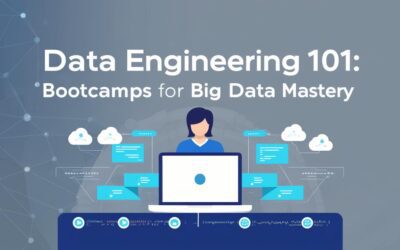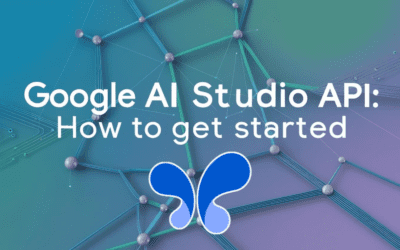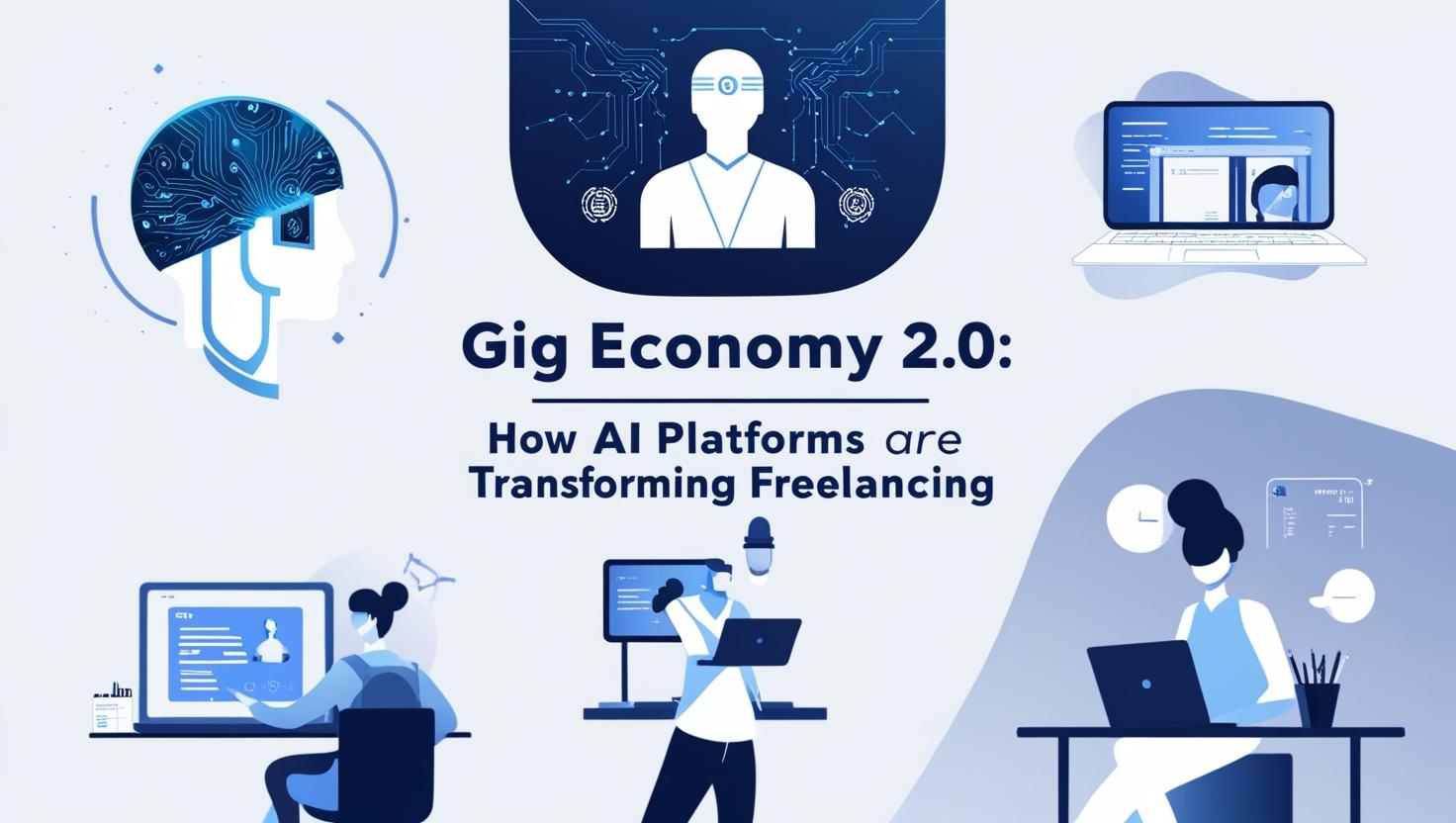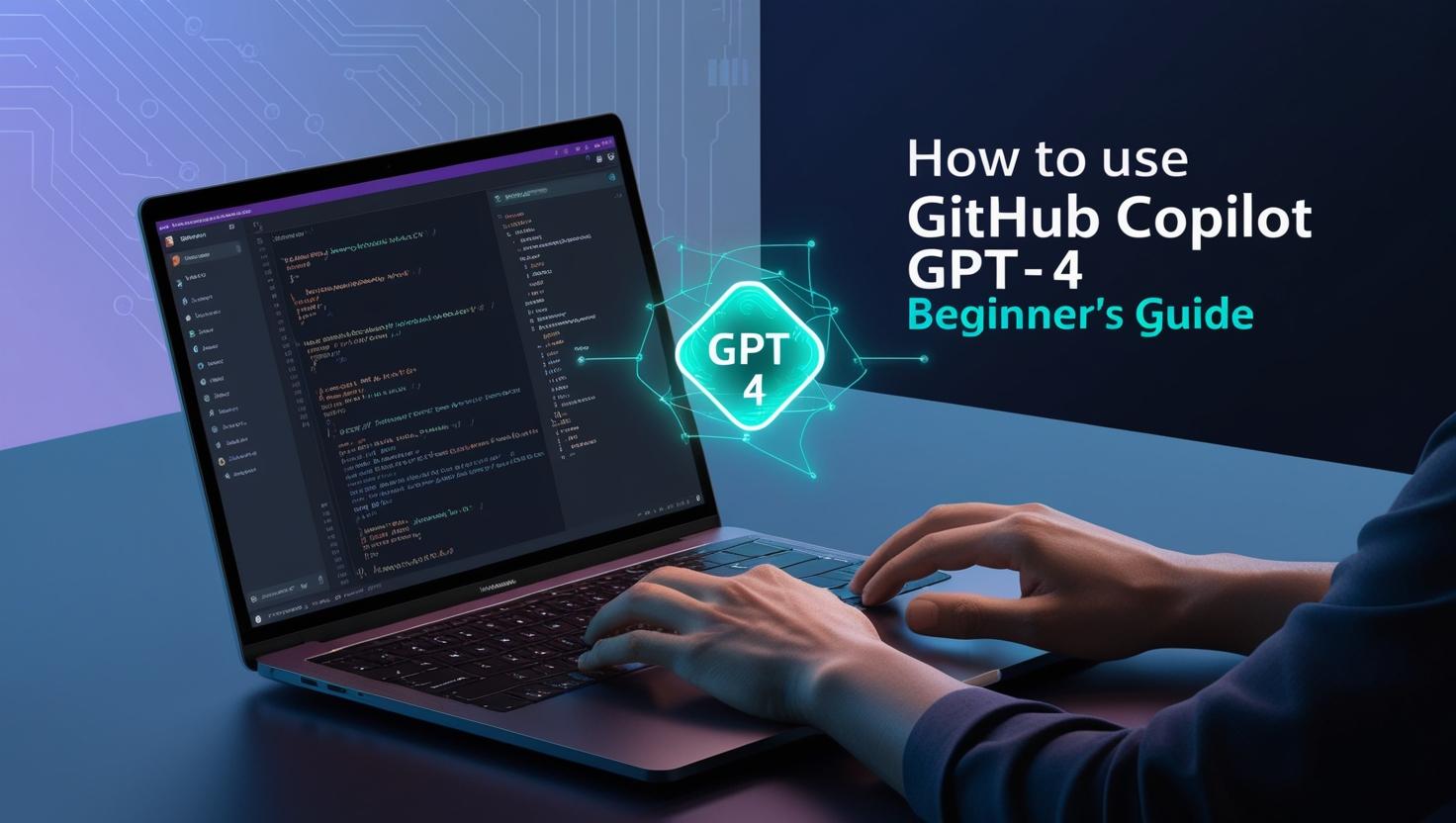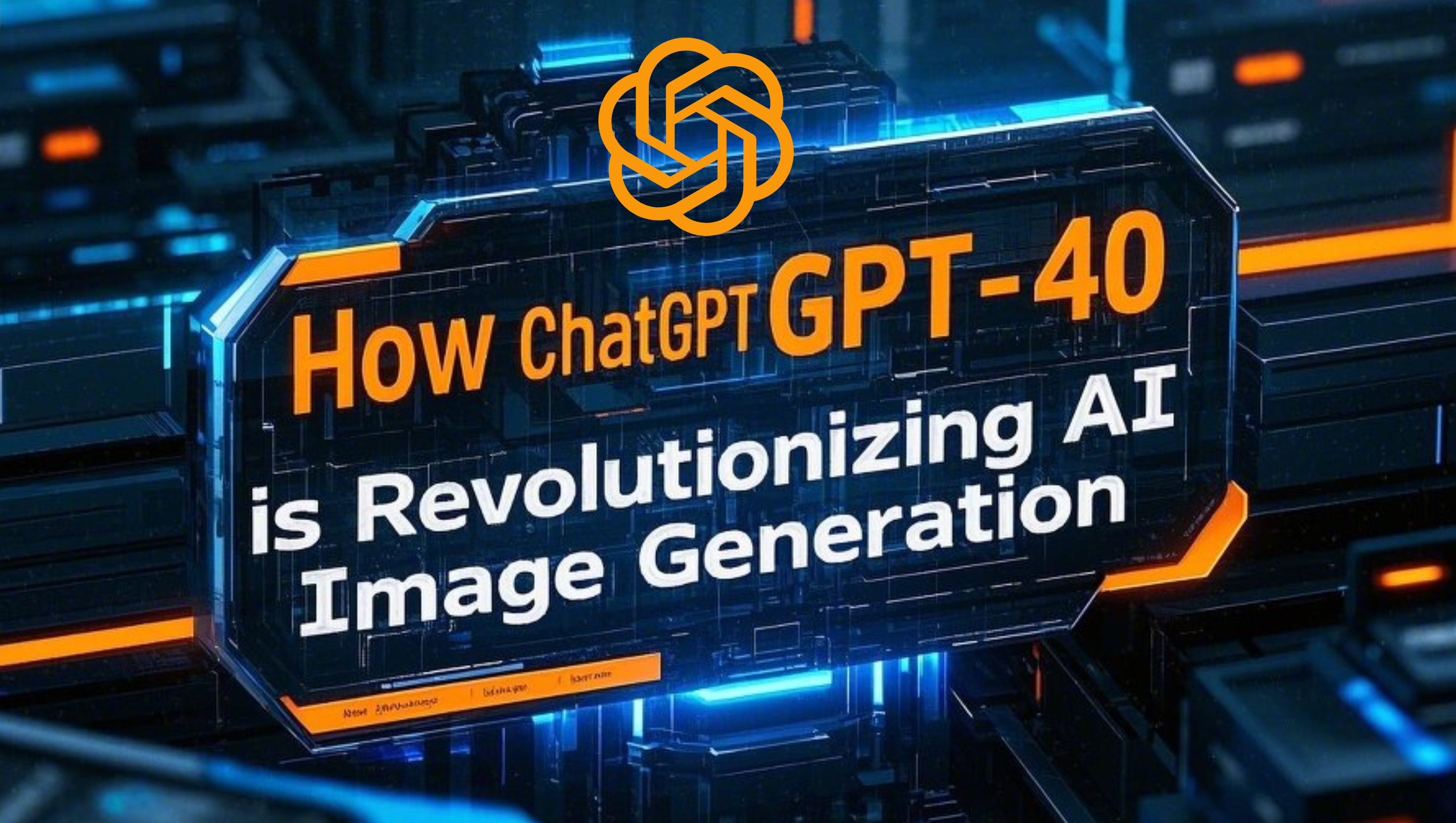Introduction
The gig economy is evolving rapidly, with 73% of freelancers now leveraging AI tools to secure projects and automate tasks (Upwork, 2023). As AI platforms transforming freelancing redefine the landscape, freelancers and platforms alike are harnessing machine learning to boost efficiency, income, and job satisfaction. This blog explores how AI is reshaping freelancing—from smart job matching to workflow automation—and provides strategies to thrive in this new era.
AI Platforms Transforming Freelancing: A New Era of Work
The Rise of AI in Freelancing Platforms
AI adoption in gig platforms has surged by 40% since 2021 (McKinsey, 2023), driven by demand for faster talent-client matches. Platforms like Upwork and Fiverr deploy AI algorithms to:
- Analyze freelancer portfolios and client needs in real time.
- Predict project success rates using historical data.
- Automate invoicing and payment processing.
For instance, Upwork’s AI-powered “Job Recommendations” feature has reduced freelancers’ job search time by 30%, according to their 2023 Impact Report.
Key AI-Driven Innovations in Freelancing
1. Smart Talent Matching
AI platforms like Toptal use natural language processing (NLP) to match freelancers with niche projects. A 2023 study by Grand View Research found AI-driven platforms achieve 50% higher client satisfaction rates than traditional boards.
2. Automated Workflow Tools
- Writing & Editing: Tools like Grammarly and Jasper refine content and generate drafts.
- Administrative Tasks: Otter.ai transcribes client calls, while QuickBooks automates invoicing.
- Scheduling: AI assistants like Calendly optimize meeting times across time zones.
3. Dynamic Pricing Insights
Platforms like Catalant analyze market demand to suggest competitive rates. Freelancers using AI pricing tools report 20% higher earnings (Forbes, 2023).
Challenges and Ethical Considerations
Algorithmic Bias
A 2024 MIT study revealed that 22% of freelancers from underrepresented groups face biased AI job-matching algorithms. Platforms must audit datasets and diversify training inputs.
Data Privacy Risks
AI tools collect vast amounts of user data. Compliance with regulations like GDPR and CCPA is critical for platforms like Fiverr.
Actionable Insights for Freelancers and Developers
For Freelancers:
- Optimize Profiles with AI Keywords: Use tools like SEMrush to identify high-demand skills (e.g., “AI content editing”).
- Adopt AI Productivity Suites: Notion AI automates task management, while Loom uses AI to highlight key video segments.
- Upskill Strategically: Learn AI tools relevant to your niche (e.g., Canva Magic Design for graphic designers).
For Platform Developers:
- Enhance Transparency: Provide freelancers insights into how AI matches work (e.g., LinkedIn’s algorithm explainers).
- Invest in Ethical AI: Partner with initiatives like Partnership on AI to reduce bias.
- Integrate Real-Time Feedback: Let users flag mismatches to refine algorithms.
Conclusion
AI platforms transforming freelancing are here to stay, offering unparalleled efficiency and opportunity. Freelancers who embrace AI tools can outpace competitors, while platforms prioritizing ethical AI will dominate the market. With the AI gig economy projected to grow by $4.1 billion by 2027 (Statista), adaptability is key to thriving in Gig Economy 2.0.
References
- Upwork: Freelance Forward 2023
- McKinsey: AI in the Workforce
- Grand View Research: Gig Platform Trends
- MIT: Algorithmic Bias Study
Stay ahead with The ProTec Blog—your guide to AI-driven career growth.

